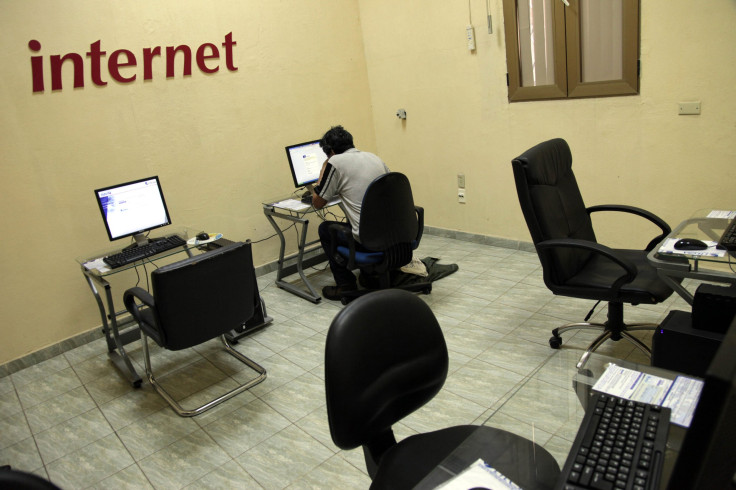1 in 4 kids are sexually harassed online by their friends, a cybercrime expert alerts

A startling new research claims that kids' own friends are sexually harassing them over the Internet. The new study, led by a Michigan State University (MSU) cybercrime expert, shows that strangers are not the only ones who target children online, now even the people closest to them can inflict the same harm.
Based on the survey results, about one in four children claimed to have been pressured by their friends to talk about sex online when they did not want to. The results came from a study conducted on 439 middle school and highschool students between the ages of 12 and 16 years.
Thomas Holt, an associate professor of criminal justice in MSU, said in a press release that the research does not aim to tone down the danger of paedophiles acting online, instead, this draws attention to the potential threat of child sexual harassments by the people these kids are closest to, the same people they spend the greatest amount of time with online. Children sexually victimising their friends online are equally distressing as paedophiles.
According to the authors, the study, published online in the Journal of Contemporary Criminal Justice, is one of the first to examine the causes of child sexual victimisation over the Internet. They added that girls and kids with low-self control are more prone to be sexually harassed online. However, the team noted that the biggest surprise was finding out that 24 percent of the study’s participants experienced sexual harassment over the Internet.
Moreover, Holt also mentioned that using parental-filtering software did not seem to reduce the problem. Even placing the computer in an open space such as the family living room is just as ineffective.
"So it seems like this is not something that can be technologically solved, at least for the moment," Holt said. "Instead, it has to be something that's resolved through engaged conversation between parent and child."
The team admit that such conversations are probably difficult, especially when they talk about sex. Nevertheless, parents are urged to have that dialogue with their kids to explain proper online behaviours. Holt insisted that this kind of talk is one of the best things parents can do to minimise the risk of online sexual harassment.





















